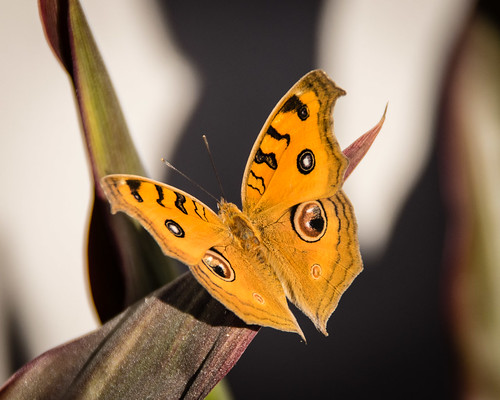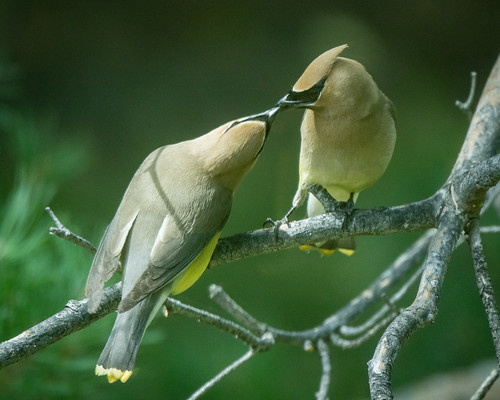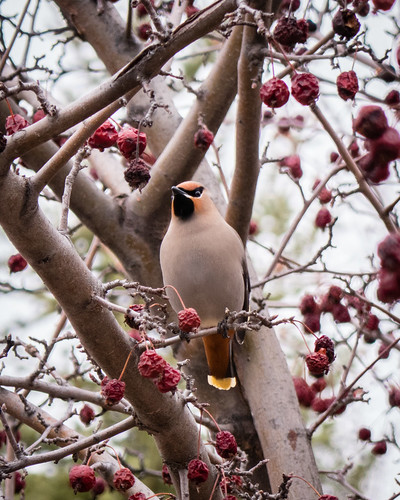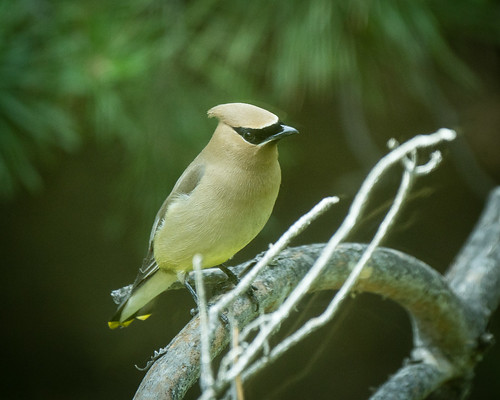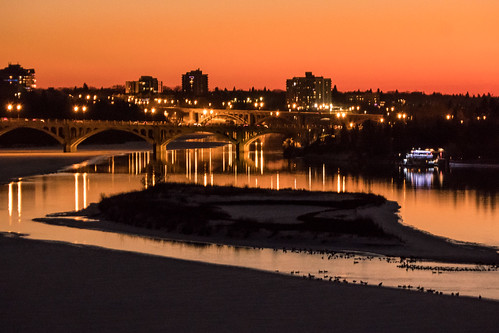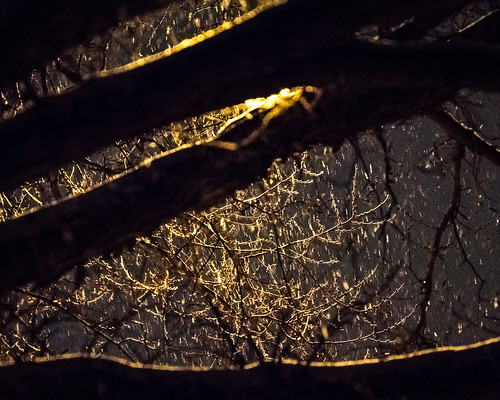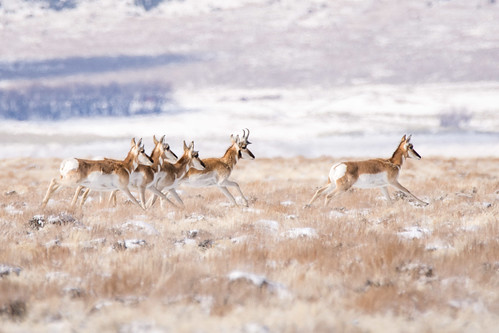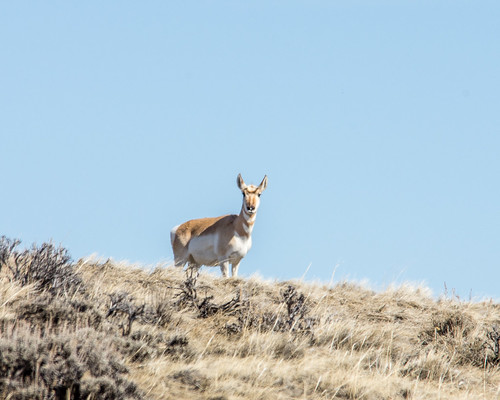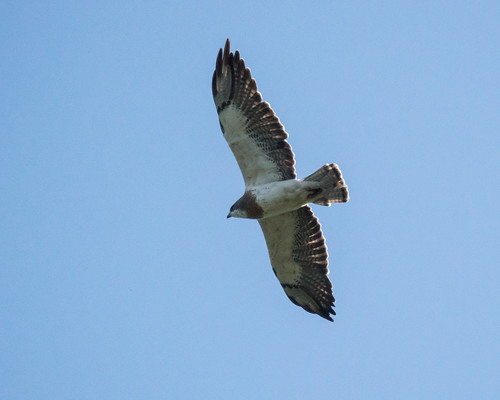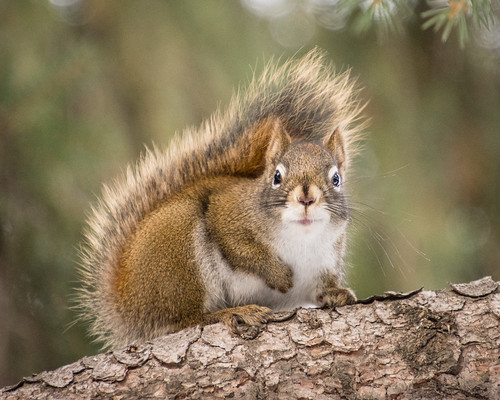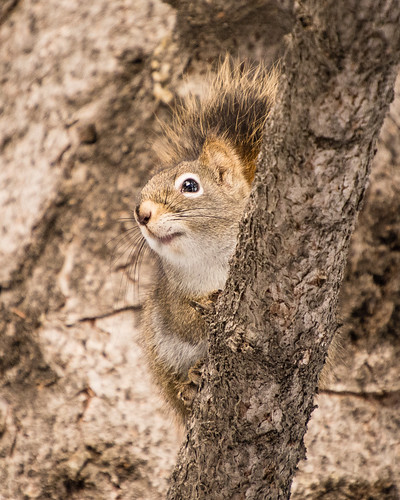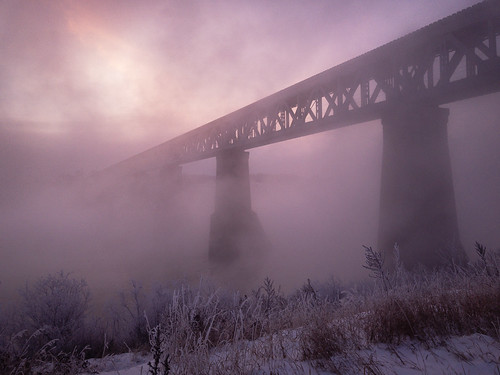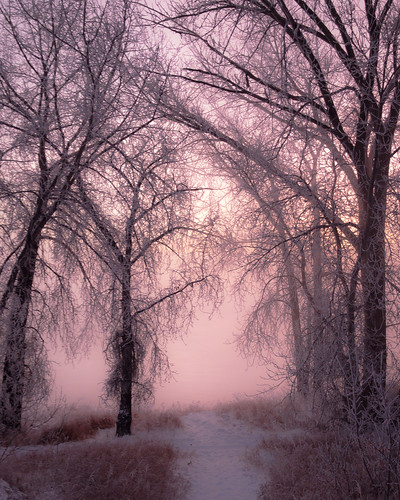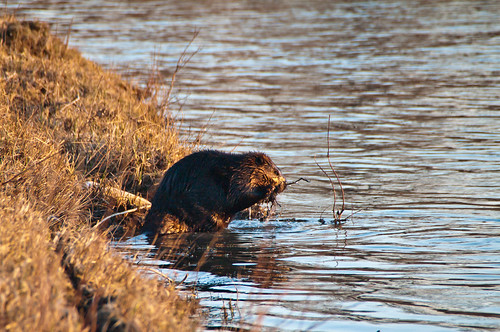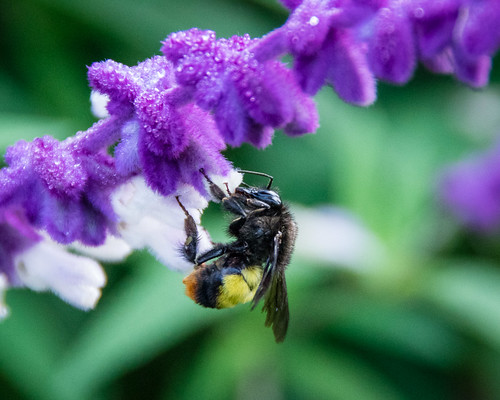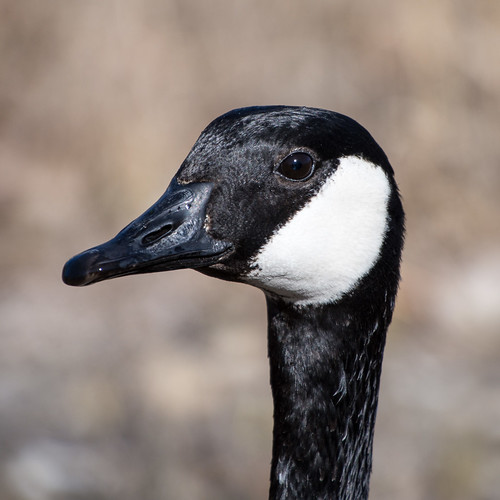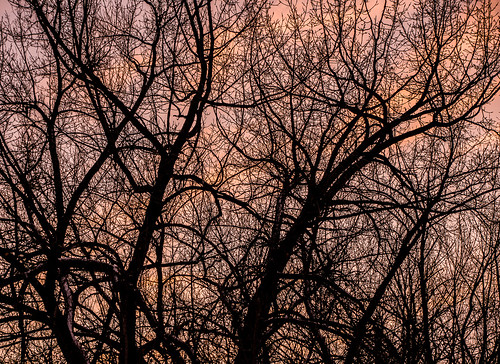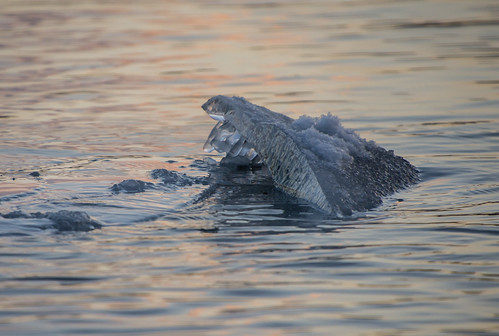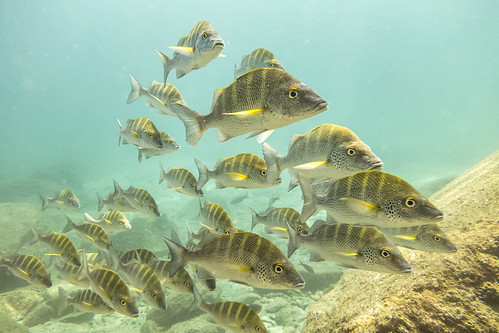 |
| Graybar Grunts produce a grunting sound by grinding their teeth |
“The lasting pleasures of contact with the natural world are not reserved for scientists but are available to anyone who will place himself under the influence of earth, sea, and sky, and their amazing life.” (Rachel Carson, The Sense of Wonder)
Explore, Admire, Learn
Books
Papiliones, Jonathan Bradley – “butterflies are part of the poetry of nature” – 33 poems about butterflies
Urban Biodiversity: From Research to Practice, Alessandro Ossola & Jari Niemela (eds.) – Interdisciplinary science-based information for urban biodiversity management – rewilding, urban agriculture, engaging the public
Movies
Klamath – “Ancient forests of the Klamath Mountains survive as a vivid living window into life’s long history on earth. They are one of a few remaining in the world home to great troves of the ideas life has conjured over 3.8 billion years of evolution.” Watch online (55 minutes): KS Film or Vimeo
River Blue – exploring the impact the fashion industry has on the world’s major rivers and calling for change from top fashion brands – now available on iTunes and dotstudiopro
Forest Man – “Majuli islander Jadav Payeng has been planting trees in order to save his island. To date he has single handedly planted a forest larger than Central Park NYC. His forest has transformed what was once a barren wasteland into a lush oasis.” Watch online (16 minutes) on YouTube
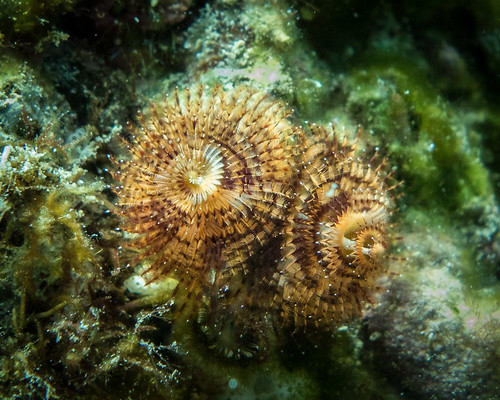 |
| Christmas tree worms filter out tiny plants and animals by pumping water up and over their crowns |
Changing the World - Through Science, Art, and Conversation
Citizen Science
Submit a photograph and iNaturalist can now help you identify over 20,000 species. Got one that stumps the computer? That’s great as it will help increase the system’s capacity.
London’s Natural History Museum has been collecting specimens for over 250 years and has about 35 million insects in its collection. They’ve developed Inselect, software that rapidly catalogues and categorizes images digitally. It’s open source and available for anyone to use.
Disruptive Artists
Faviana Rodriguez: “Artists help us imagine how things can look different and they can help tell a story of the future. . . . Problems are often a consequence of habit and of systemic ways of working. Artists can disrupt those habits or those systemic ways by showing complexity and by actually shining a light on what’s really happening, which helps people change focus.”
Hold a Party
Climate for Change is an Australian not-for-profit helping “people who care about climate change have better discussions about why they care with the people they care about.” Hosts invite friends to a conversation with a trained facilitator and guests are invited to take action against climate change. One conversation leads to another.
You can follow EcoFriendly Sask by liking us on Facebook, following us on Twitter, or by email (top right corner). A full list of upcoming events can be found on the EcoFriendly Sask Calendar
